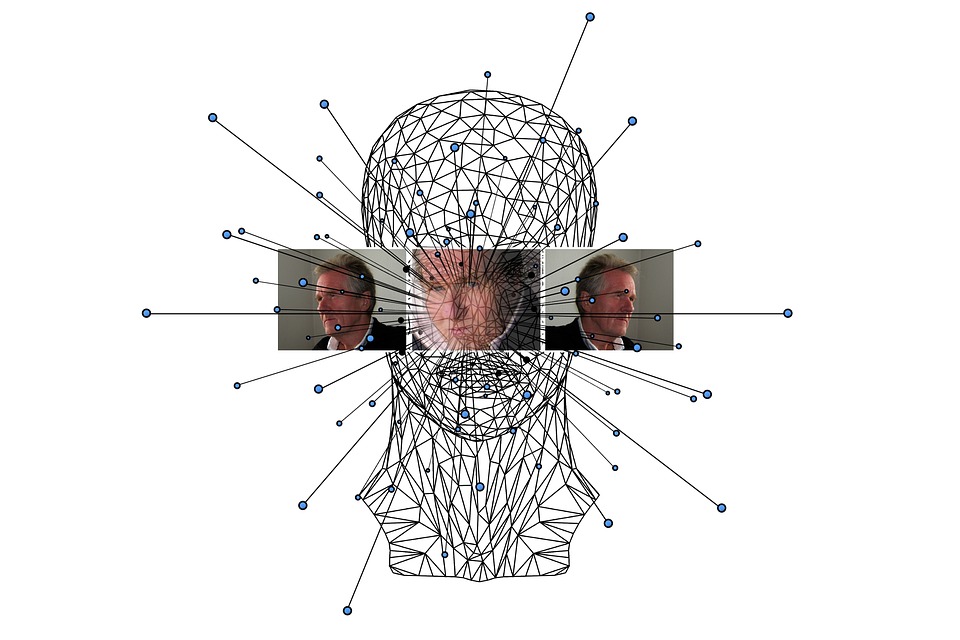The power of machine learning lies in its ability to analyze and interpret large volumes of data to identify patterns, trends, and correlations that would be impossible for humans to uncover. By utilizing complex algorithms and computational models, machine learning can learn from past data and make predictions or recommendations based on those learnings.
In the realm of artificial intelligence, algorithms have the ability to simulate human intelligence by performing tasks such as natural language processing, speech recognition, and image recognition. These capabilities have led to the development of virtual assistants like Siri and Alexa, self-driving cars, and personalized recommendations in online shopping and entertainment platforms.
One of the key advantages of machine learning and artificial intelligence in algorithms is their ability to adapt and improve over time. As more data is fed into the system, the algorithms can continuously learn and refine their predictions, making them more accurate and efficient.
In the field of healthcare, machine learning algorithms are being used to analyze medical images and facilitate more accurate diagnoses. In finance, algorithms are being used to detect fraudulent transactions and make investment recommendations. In marketing, algorithms are being used to personalize customer experiences and target specific demographics with tailored advertisements.
However, with great power comes great responsibility. While machine learning and artificial intelligence algorithms offer countless benefits, there are also ethical and privacy concerns that must be addressed. As algorithms become increasingly sophisticated, there is a risk of bias and discrimination being introduced into decision-making processes, leading to potential unfair treatment of individuals or groups.
It is essential for organizations and researchers working with machine learning algorithms to prioritize transparency, accountability, and fairness in the development and implementation of these technologies. By using diverse datasets, conducting rigorous testing and validation, and implementing mechanisms to prevent bias, we can ensure that machine learning algorithms are used responsibly and ethically.
In conclusion, the power of machine learning and artificial intelligence in algorithms is undeniable. These technologies have the potential to drive innovation, improve efficiency, and transform industries across the board. By harnessing the capabilities of machine learning and artificial intelligence in a responsible and ethical manner, we can create a future where algorithms work for the benefit of all.



























Add Comment